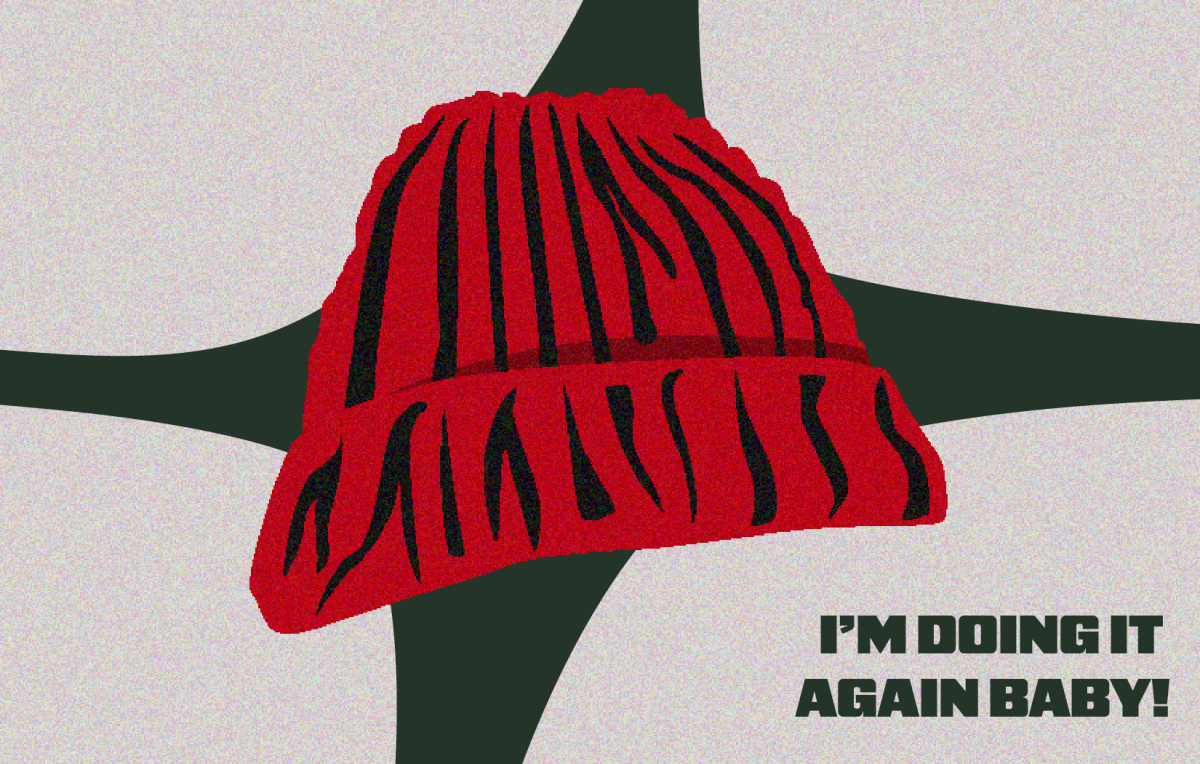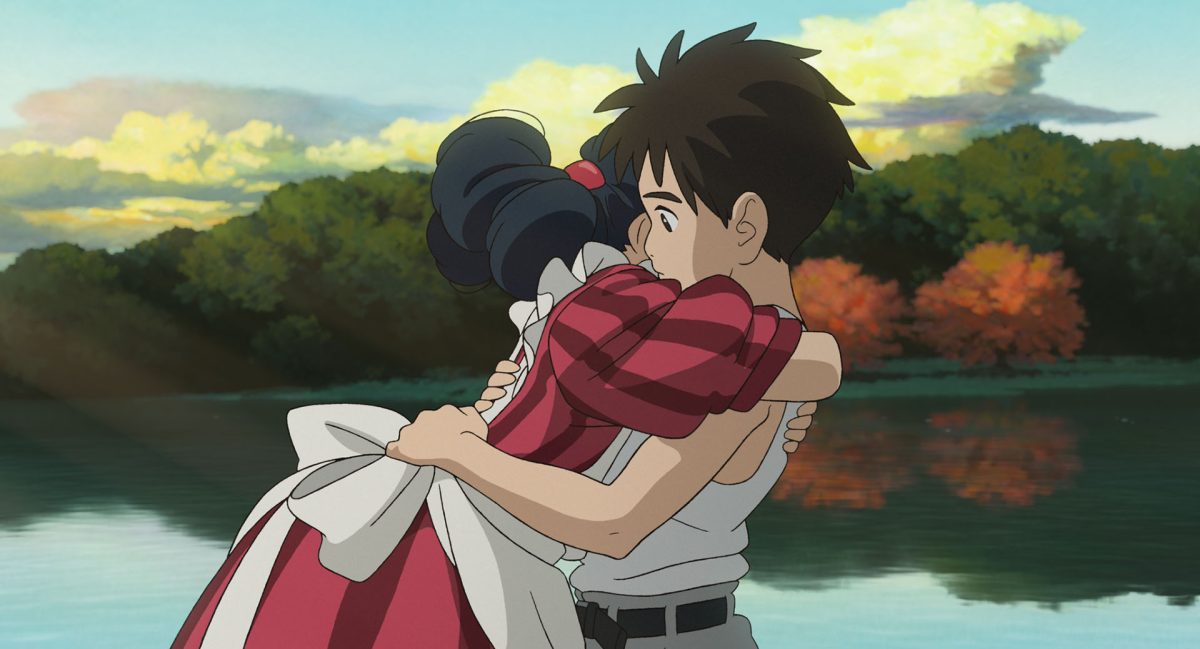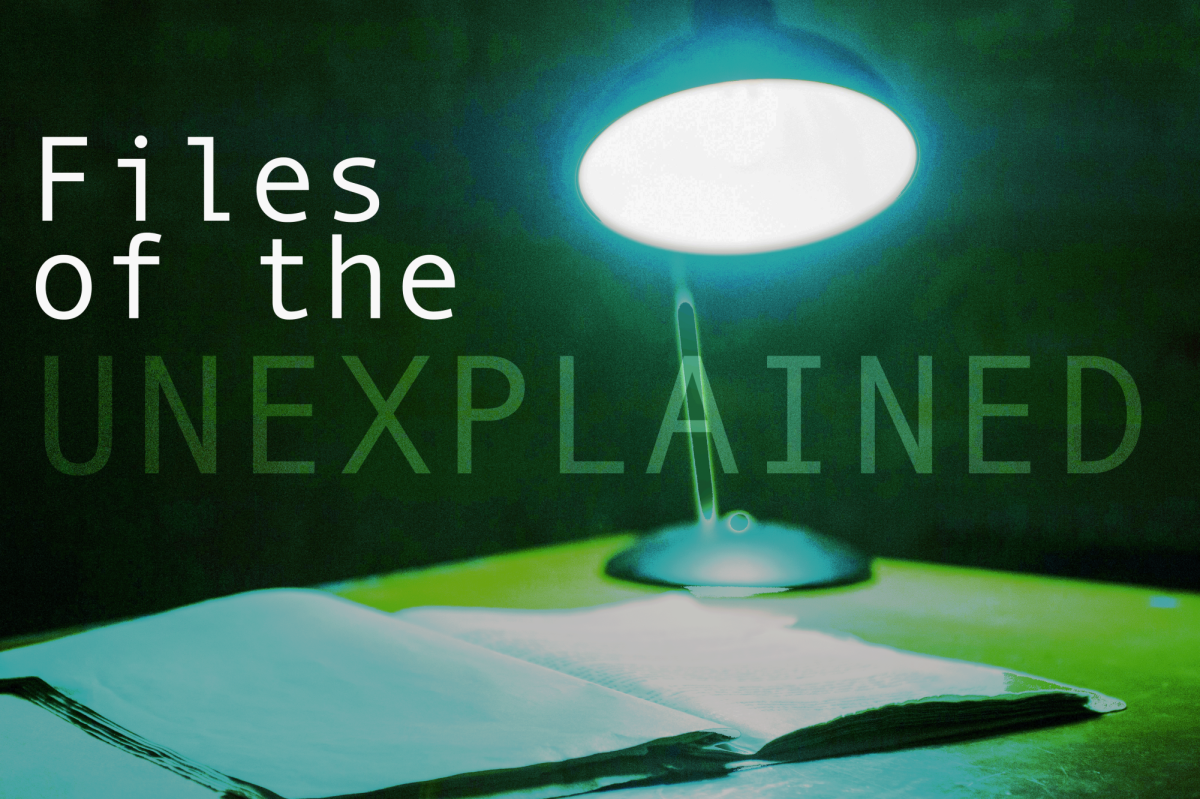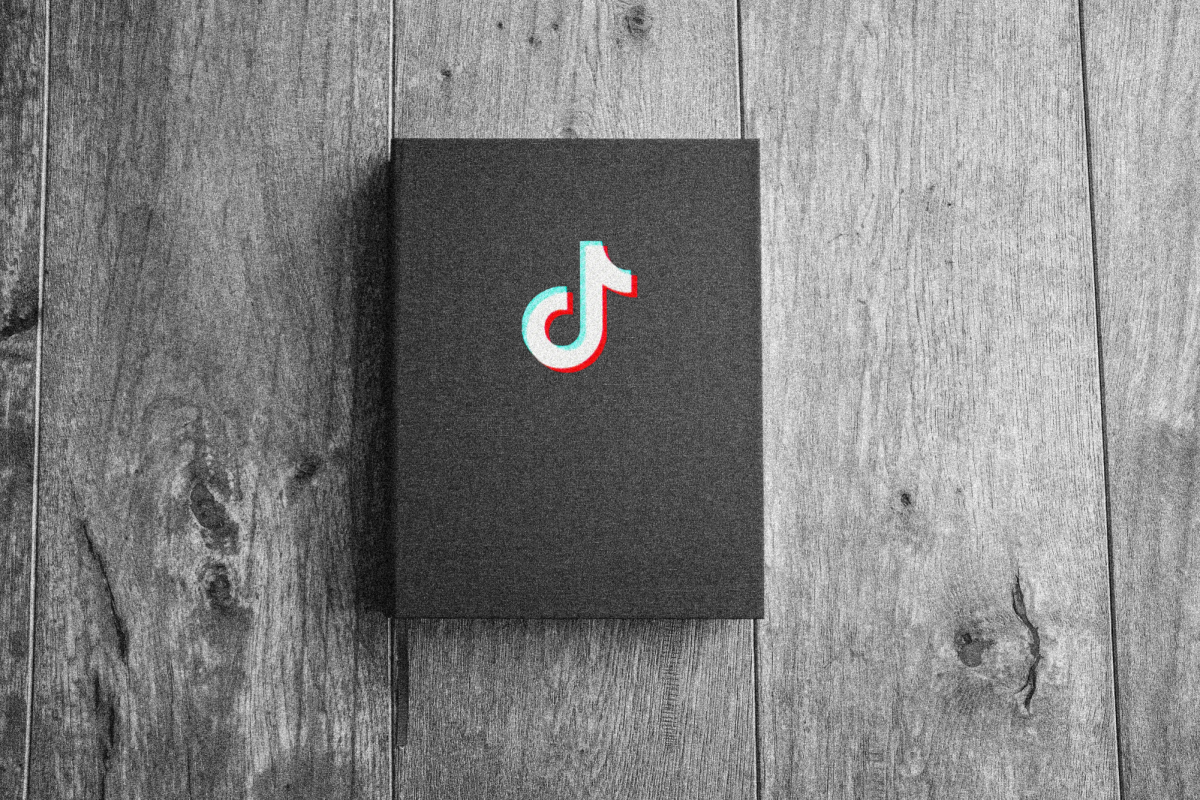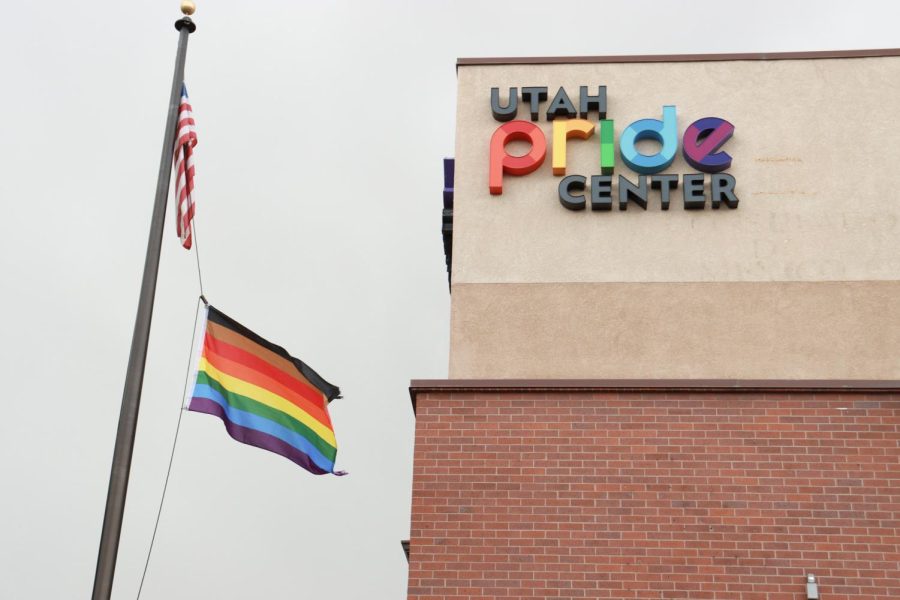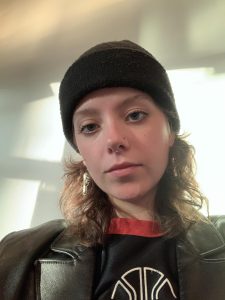Being queer in Utah can feel alienating. But among the alienation, pride celebrations give queer people a chance to find community and celebrate their identities.
Unfortunately, pride festivities aren’t always accessible. The host of Utah’s largest queer event, the Utah Pride Center, comes with its own flaws.
The Pride Center’s Recent Years
Former Utah Pride Center employees complained in 2020 about the center’s discrimination and mismanagement. They told the Salt Lake Tribune that the center’s executives misused pronouns and ignored people of color. When one volunteer, Roberto Lopez, posted questions and a desire for an open forum, former executive director Robert Moolman deleted Lopez’s posts and blocked him from the page.
A year later, a group of former employees filed a lawsuit against the center for wrongful and discriminatory termination and hiring practices. In the lawsuit, they also alleged that the center mismanaged its finances, lacking sufficient financial reporting. The federal court later dismissed the case.
While Moolman has stepped down since the lawsuit, the instability didn’t go with him. In August, the center laid off 36% of its employees, including co-CEOs. The “majority of the remaining staff” were laid off last week, according to a former center employee.
Community members aren’t happy with the center either. It sells vendor booths at the Utah Pride Festival for steep prices, pushing out smaller, local businesses who can’t swing it. This year, the center charged between $1,500 and $2,000 per booth.
“We are already in a demographic that is more likely to be suffering financial strain, which is totally true in my case,” said Mikki Helmer, a queer small-business owner. Helmer wanted to set up a table at the festival in 2022 but couldn’t because of the prices.
The center didn’t respond to her concerns and “steamrolled over” other vendors’ concerns as well, according to Helmer. As queer people are often pushed into poverty, it’s astonishing that the Utah Pride Center would abandon its community members this way.
“The idea that Pride should center queer and trans voices first and foremost was apparently too radical to be allowed to continue by current center leadership,” wrote Kat Kellermeyer, advocate and former Utah Pride Center volunteer, in a Facebook post in May 2022.
Helmer said the lack of queer representation at the festival was apparent.
“This year, it was all a corporate show … That was really insulting to see, like, oh they brought the MLM knives salesman in again, Helmer said. “To replace those spaces with those people is an act of erasure.”
In a recent statement on Instagram, the center claimed to be experiencing financial instability, mainly because the festival didn’t generate enough revenue despite expensive festival tickets and booth costs. Leaders only vaguely described the kind of financial troubles they were having but asked the community for donations in the statement.
Their finances might be better off if they didn’t book expensive artists for the festival and spend $300,000 on security.
“They shot themselves in the foot with it,” Helmer said.
Many businesses only pretend to be queer-friendly. The Utah Pride Center is one among many companies failing queer people in Utah, who seek places for community, solace and celebration.
The Need for Pride — Without Police
Queerphobia runs rampant in Utah, with recent anti-trans legislation and bans on several books with queer themes. The Church of Jesus Christ of Latter-day Saints, Utah’s dominant religion, also maintains homophobic and transphobic positions.
Thus, while Pride is a celebration, it also remains a protest. “Celebrating despite this fear and trepidation toward queer joy is not only our right, but it’s also our responsibility,” wrote fellow opinion writer Harper Hargis.
Pride began over 50 years ago with the Stonewall riots, largely led by queer and trans people of color protesting police violence. The queer community continues to face and heal from police brutality. So queer activists and community members don’t welcome cops protesting or celebrating alongside them at Pride.
Disregarding queer people’s reality, the Utah Pride Center invited uniformed police to march in the Pride parade. Kellermeyer called this act “transphobic and honestly cruel at its worst.”
Helmer echoed a similar sentiment.
“Pride is supposed to be an act of protest against policies and government action to limit the minorities — and this was the opposite, Helmer said. “It was like, ‘We’re gonna pander to everyone who’s trying to hurt us.’”
The Salt Lake Community Mutual Aid organized Pride Without Police during Pride Month, a relief to many queer people who wanted to celebrate Pride without having to fear the police. The event was also free to attend and for vendors to set up tables, making it much more accessible for the community than the Utah Pride Festival.
The Future of the Pride Center
After stating that the center might “close, revive, or reset,” leaders backtracked and said the center would not be closing. Instead, they plan to “temporarily pause programming,” taking the time to initiate an organizational reset. Hopefully, the Pride Center also resets the way it treats its employees and community.
“A little bit of a response and acknowledgment that the community that’s upset has been heard in some way would go a long way to fixing things,” Helmer said.
Apologizing to the community for inviting police to the festival and for raising booth prices would be a good start, but not enough. The center’s actions must match its words.
The future of the Utah Pride Center should include accessible police-less events, financial transparency, respect for its employees and listening to the queer community it claims to serve. It must also be specific about its plans, so the community knows what to expect.
Having queer spaces with missions like the Utah Pride Center is essential for queer Utahns. But if its leaders continue to ignore and harm marginalized members of the community and refuse transparency, we cannot turn to the Utah Pride Center to be our safe queer space.
This story was updated to include that the majority of the remaining Pride Center staff were laid off last week


